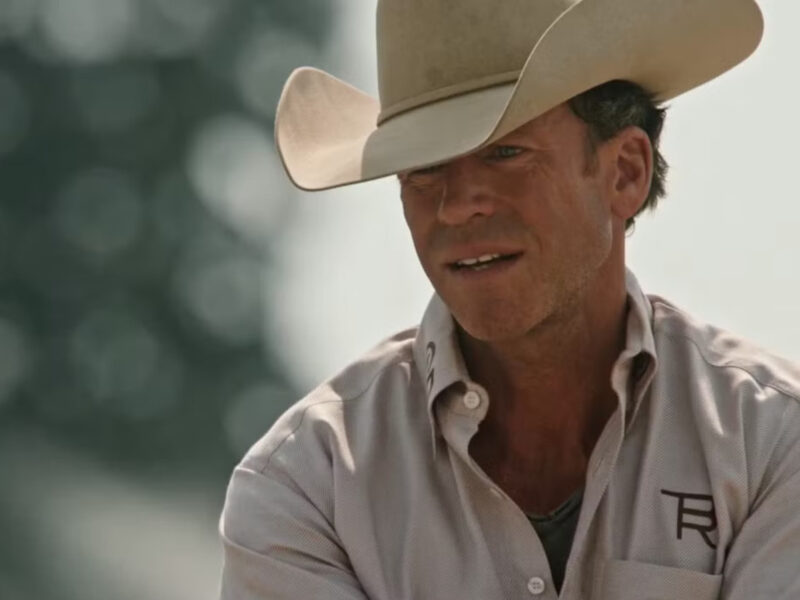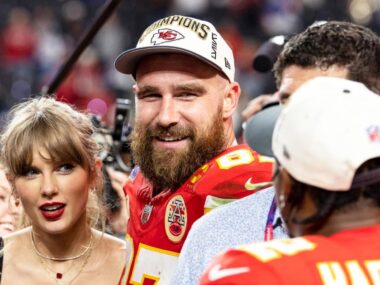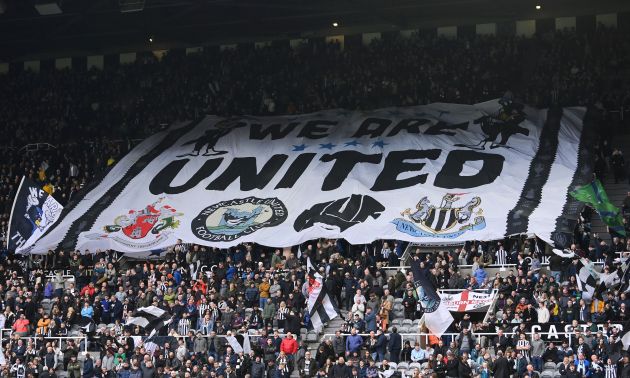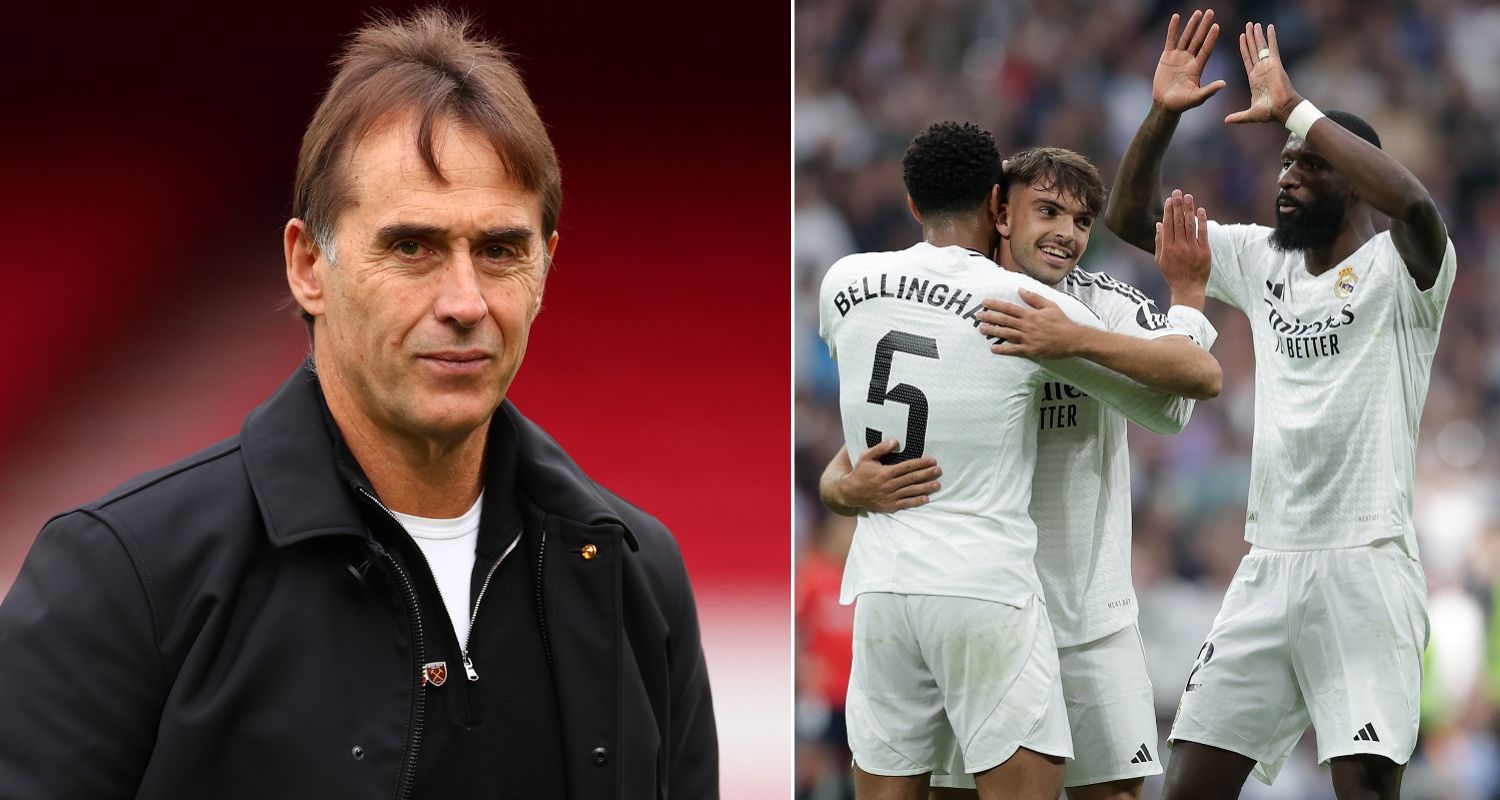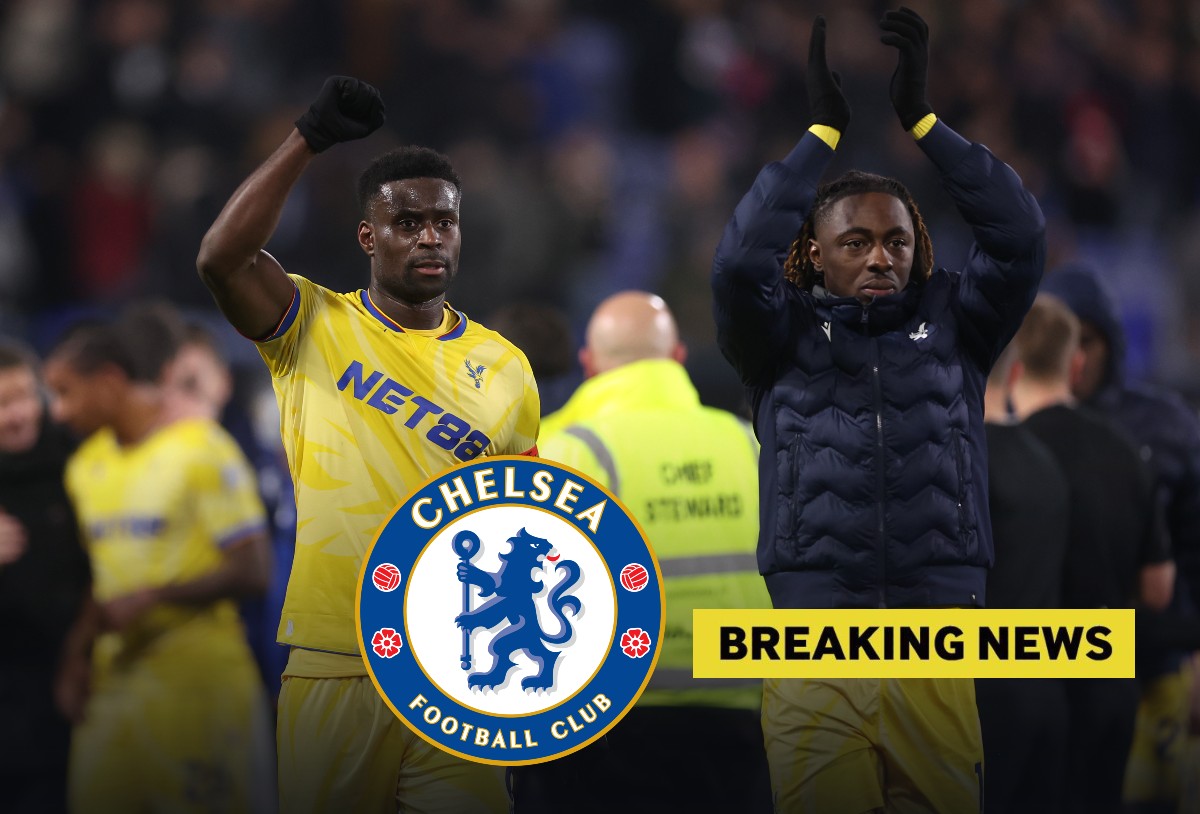Taylor Sheridan is a miniature industry unto himself. He wrote the Oscar hopefuls “Sicario,” “Hell or High Water” and “Wind River,” as well as the thrillers “Without Remorse” and “Those Who Wish Me Dead.” On television, Sheridan has been blowing up barn doors with “Yellowstone” and its many spin-offs, as well as shows like “Tulsa King,” “The Lioness” and “Landman.” These are in addition to a modest acting career, which has seen Sheridan appear in such TV shows as “Walker, Texas Ranger”, “Doctor Quinn, Medicine Woman”, “Party of Five”, “NYPD Blue”, “Sons of Anarchy”. and even “Star Trek: Enterprise.” He also plays the supporting character of Travis Wheatley in the series “Yellowstone” and Charles in the prequel series “1883”.
Sheridan has become a modern torchbearer of Western machismo, often drawn into the dark hearts of masculine men. He also seems to enjoy crime stories, stories about criminals/outlaws, and conflicts that end in gunplay. That said, he's not an action junkie or a purveyor of violence; his films and TV shows tend to be very cruel and depressing, hinting at the tragedy of the old West. His works seem very, very old-fashioned, which is probably why they are so popular. Seriously, Yellowstone is a juggernaut.
When asked about his favorite movies Rotten Tomatoes in 2017Sheridan chose six films that were (mostly) predictable. He is attracted to grizzly heroes, suffering dads and tragic figures with guns in their hands. Perhaps unpredictably, he was attached to multiple Best Picture Oscars. Five of the six films listed below won an award, and the sixth was nominated.
Unforgiven (1992)
Clint Eastwood's 1992 anti-Western Unforgiven won Best Picture, and even then Eastwood announced in meta fashion that his career playing villains and stoic gunslingers would only light the way to a dusty death. You can see a lot of similarities between Unforgiven and Yellowstone, especially their shared settings in Wyoming. “Unforgiven” follows William Mooney (Eastwood), a former bounty hunter who now tries to live a quiet ascetic life. However, he is tragically forced to accept violence again after he is hired to track down some thugs who have attacked and maimed a local sex worker.
Sheridan said of the film:
“What about it is just the way that Clint Eastwood demystified and destroyed our idea of the Western. I mean, destroyed the genre; he turned it upside down. It was a wonderful act, and sometimes she used monologue and dialogue … which never happens in Westerns , he just brought a baseball bat to the genre and it was incredibly profound for me.
“Unforgiven” is clever because it goes both ways. On the one hand, it's a terrible tragedy about how a violent past cannot be avoided, and the reputation of a career of violence will follow him to the grave, regardless of the level of previous attrition. On the other hand, the film features Eastwood, along with co-stars Morgan Freeman, Gene Hackman and Richard Harris, engaging in brazen acts of manly bravado. You can cheer when they fire their gun and retaliate (although if they do, there may be no point).
In the Heat of the Night (1967)
Sheridan has done a number of crime procedurals, but believes his films are about something thematically important beyond crime. That must have been the lesson he learned from Norman Jewison's 1967 film “In the Heat of the Night,” which also won the Oscar for Best Picture. The film centers on a homicide detective from Philadelphia, Virgil Tibbs (Sidney Poitier)who, while traveling through Mississippi while visiting family, is drawn into an investigation overseen by a racist local cop (Rod Steiger).
Sheridan said of the film:
“'In The Heat Of The Heat Of The' was one of the most influential films for me. Looking back now, I can see how much it influenced my screenwriting because here you have what appears to be a crime procedural, and it's really a lesson about race and loneliness and perception of the era. So I think it was one of the most influential films.
“In the Heat of the Night” is an intriguing police story, but it has a lot to do with racism in modern Mississippi at the time. In one of the film's most famous exchanges, Steiger's racist character mocks Virgil's name by asking him what he does at home. Poitiers, reading the power line, says, “They call me Mr. Tibbs.” This line was so popular that it became the title of the 1970 sequel. Steiger did not return for this film, nor for the third film in the series – 1971's “The Organization”.
The Insider (1999)
Taylor Sheridan's crush on Michael Mann was predictable. Mann's steely photography and simple narration turn any ordinary story into something cold and cerebral, and Sheridan seems to enjoy it. “The Insider”, Mann's Best Picture nomination from 1999is the biography of Dr. Jeffrey Wiegand (Russell Crowe), who was out to blow the tobacco industry, which secretly injected chemicals into cigarettes to make them more addictive. Al Pacino played real-life investigative reporter Lowell Bergman, whose mission was to break the story and had to work with Wiegand.
Sheridan loved the cinematography of “The Insider” (by Dante Spinotti) and was surprised when a Steadicam shot – a shot he normally hates – was used to great effect. As he put it:
“To look at it from a filmmaker's point of view, he's out there doing things that break the rules, and normally if you're using the camera method, you're going to use it throughout. But there's one scene where he brings in a Steadicam, and he takes shots that is just unbelievable and you don't even realize that's what you're looking at. and I personally don't like it.”
“The Insider” lost Best Picture to “American Beauty,” which was a huge hit in its day. But overall, 1999 was a wonderful year for movies.
Kramer v. Kramer (1979)
Robert Benton's 1979 “Kramer vs. Kramer” was another Best Picture winner, perhaps because it was one of the most visible Hollywood dramas dealing with America's rising divorce rate. The film follows the divorce of Ted Kramer (Dustin Hoffman) and his wife, Joanna Kramer, née Stern (Meryl Streep). It provides a tense detail surrounding joint custody of their young son, Billy (Justin Henry), and follows the trial as the divorce proceedings are nothing more than a series of insults and reminders, ending in a messy and expensive case. divorce. Many Gen-Xers with divorced parents can probably relate all too well to “Kramer vs Kramer.”
Unlike the other films on Sheridan's list, this one is not about crime or violence. Instead, it's about parents who deal with the difficulties of divorce on a daily basis. This was the only film on the Rotten Tomatoes list that Sheridan described emotionally, stating:
“”Kramer vs. “Kramer” is one of my favorite movies where you have a story that confronts a lot of ideas that we have about family and about parenting. Again, an incredibly simple plot that allows for really rich character exploration. , and one of the best scripts I've ever seen. ever read.”
Benton also wrote the screenplay based on the novel by Avery Corman. It won Best Picture over Francis Ford Coppola's Apocalypse Now, All That Jazz, Norma Rae and Breaking Away. It was, like 1999, a damn good year for American cinema.
The Godfather (1972)
What can be said about Coppola's 1972 crime epic The Godfather hasn't it already been written by excited pundits everywhere? It is a Shakespearean tragedy, an immigrant story, a crime epic and a moral examination of the inevitability of violence. Its characters have become archetypes in the American consciousness, and fratboys everywhere have “The Godfather” posters on their walls. Sheridan seems to be one of those fratboys mentally and loves the movie just like everyone else. As he put it:
“'The Godfather' is such an interesting movie that it does a lot of things to build character into place so economically. You don't realize you're being given information; you don't realize you It was one of the best directed movies of all time.”
The Godfather, while pretty much undisputed, is an aggressively male film, and male audiences tend to gravitate towards it. There's a reason “The Godfather” became a joke in Greta Gerwig's “Barbie.” A certain kind of insufferable moviegoer always feels the need to utter “The Godfather” to his girlfriend. Sheridan, perhaps aware of his reputation, doesn't delve into the story or the significance of “The Godfather” with Rotten Tomatoes. He simply admires the craftsmanship of the film.
It's like “Citizen Kane.” Why say it's one of the best ever? We all already know.
Platoon (1986)
Sheridan was somewhat torn between calling The Godfather his favorite film or Oliver Stone's 1986 Vietnam War drama Platoon also a Best Picture winner. Based solely on Stone's own experiences as a soldier in Vietnam, Platoon explores how the war tore out the souls of an entire generation. Sheridan viewed Platoon the same as Unforgiven, as both belonged to traditionally masculine genres that the filmmakers sought to subvert.
Sheridan recalled his experience seeing “Plato” in theaters as a teenager and being surrounded by real Vietnam vets. An experience like this can definitely go deep into a young person's mind. As he put it:
“I think I was 15 or 16 when I saw this movie in the theater. I was so captivated by it and the experience around it. I remember when I saw this movie, there were still lines to get into the next movie and one movie hadn't come out yet and we all standing in line, 400 people to get in, and when the doors opened, all the Vietnam vets in their suits, grown men were crying and crying hands and arms, when I sat down I had no idea what I was about to see.Green Berets.''
Stone also won Best Director ahead of Woody Allen, David Lynch, Roland Joffe and James Ivory. It began an amazing 10-year reign for Oliver Stone, the director of such classics as Wall Street, Talk Radio, Born on the Fourth of July, The Doors, JFK and Natural Born Killers.” Sheridan clearly considered Platoon to be his most formative.
Source link

